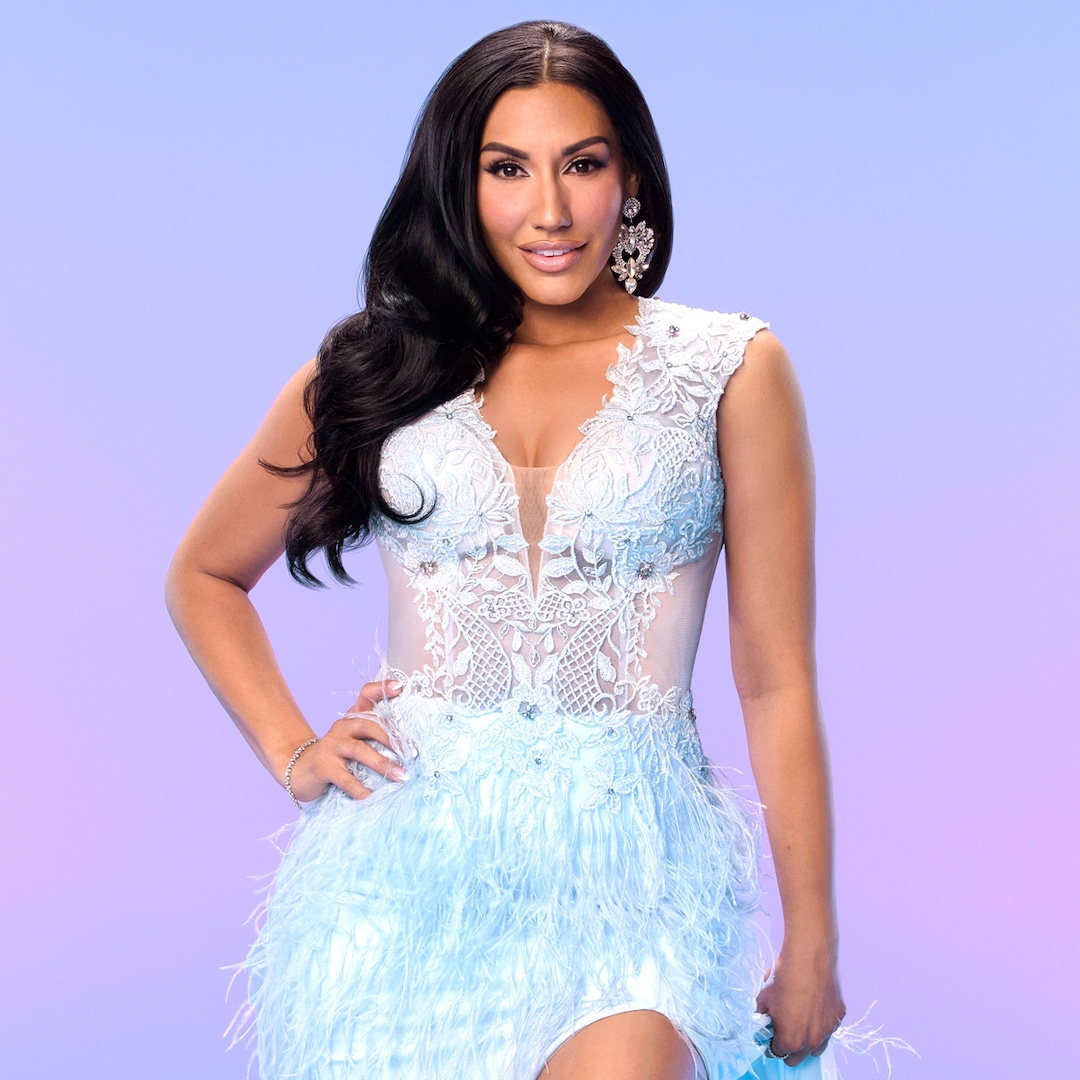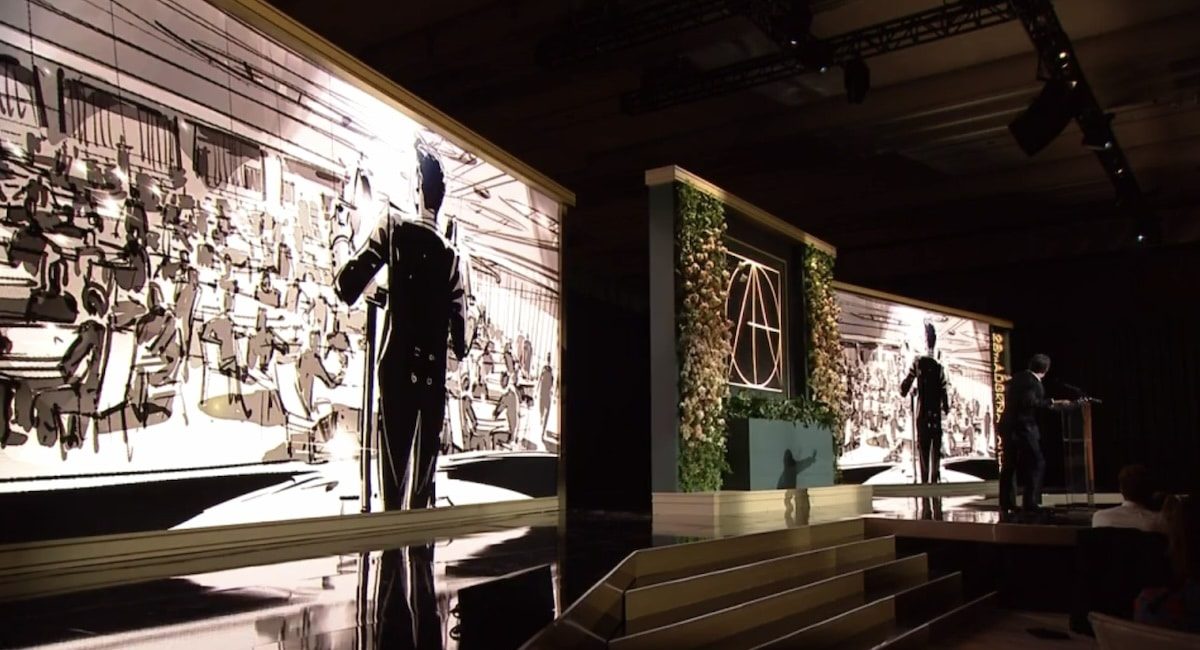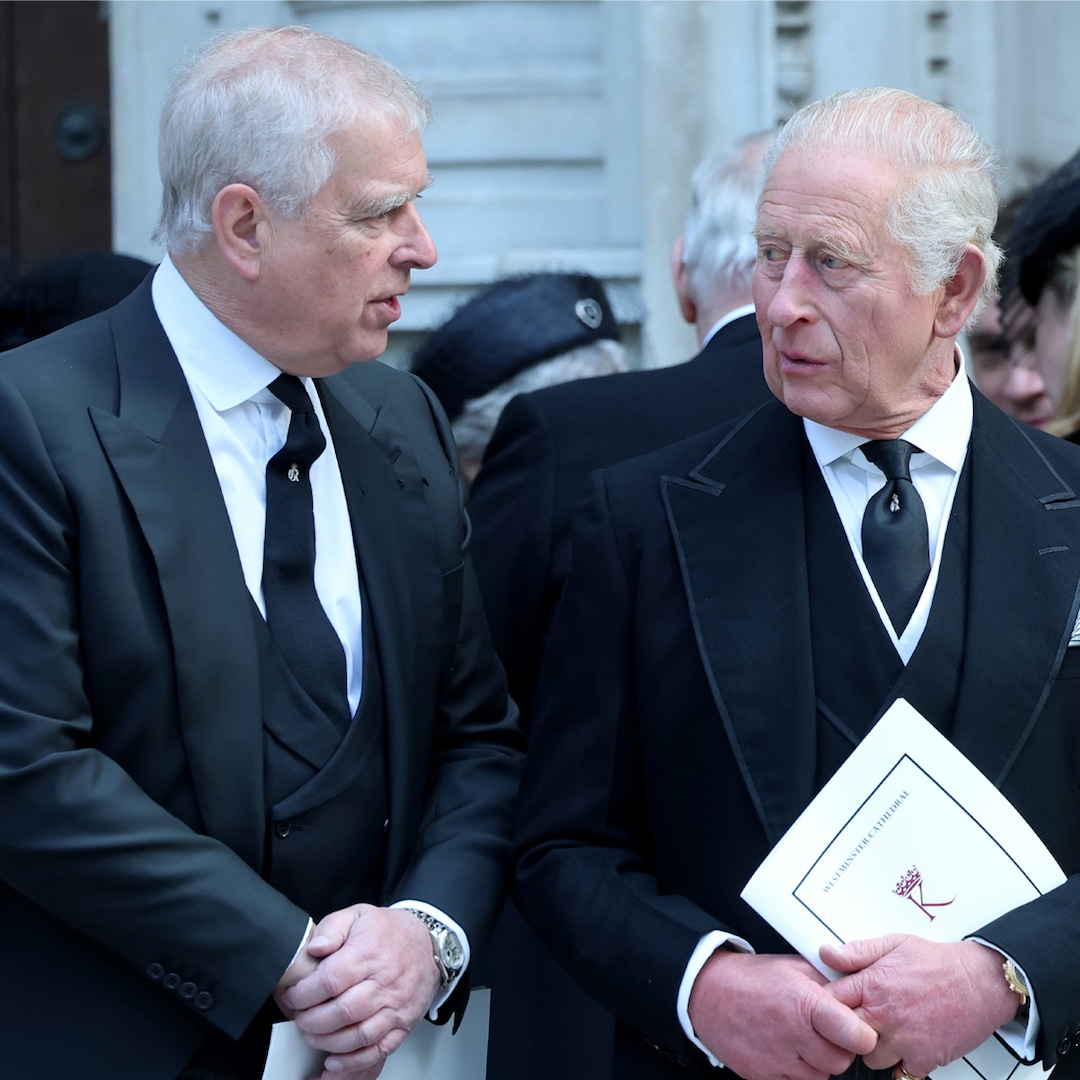Eighteen years ago, before his debut on the 2005 compilation album “Sangre Nueva,” not many were familiar with Puerto Rican reggaetón artist Arcángel. In the early days of his music career, Arcángel would sing on mixtapes for his friends and for locals in the rough San Juan neighborhoods of Villa Palmeras and La Perla, where he grew up. But these days, he has millions of listeners tuning in to his music, making him one of the biggest stars of the genre.
As Arcángel sits down for our virtual interview, his usual sunglasses are off. He looks straight at the webcam — not the screen — as if having a face-to-face conversation.
There’s a startling amount of empathy in his eyes, which is both surprising and not when you consider his tumultuous early years, marked by hustling on the streets and finding ways to get by. People tend to associate that kind of life with cynical personalities, but there’s a fine line between cynicism and empathy, and what breeds one can easily lead to the other. You can’t have either without pain as a catalyst. As he talks, his eyes also betray another emotion swimming somewhere in his gaze — a latent sadness.
Just past midnight on Nov. 21, 2021, a car accident in San Juan took the life of Arcángel’s younger brother, Justin Santos. Only 21 years old at the time, he was driving a vehicle that was struck by another, driven by a woman who prosecutors later alleged was under the influence. In the time since, the case has been marred by setbacks and delays, with the driver’s defense counsel successfully suppressing the alcohol blood level test results on various grounds. The process has been slowly moving its way up the judicial ladder, most recently into the hands of the Court of Appeals. A recent ruling reinstated the test results, paving the way for the start of a trial this year, more than two years after the incident.
Since his brother’s tragic death, Arcángel has been vocal about how it has devastated his family and his own life. Still, he got back to recording, releasing “SR. SANTOS” in 2022 and “Sentimiento, Elegancia y Más Maldad” in November of last year. He’s gone on worldwide tours, continuing to fill up stadiums in dozens of countries across Europe and North America. But behind the scenes, he’s frank about how he’s not the same person people have known him as.
“Sometimes, the better things are going for me, the sadder I feel.”
“Sometimes, the better things are going for me, the sadder I feel,” he says. “I see all these great things happening and all I can think is if the kid were here, he’d be so happy.”
While he’s still more than adept at rapping, as he proved during his Christmastime beef with Anuel AA, Arcángel acknowledges that the spark he once had has dimmed.
“The creative process isn’t the same anymore and never will be again. I used to say I had a gift because in the studio I could listen to a beat and write [a song] like magic, out of thin air. I didn’t need a pen or paper. Lots of producers could tell you that,” he says. “I don’t have it anymore. It abandoned me.”
He has no illusions, either, about why he’s been overcome by such creative doldrums.
“After November [of 2021] it all went to sh*t, and since then nothing has changed. I need a team now to help me. I used to only need a music engineer and a good beat, and I took care of the rest,” he shares. “But I don’t have that touch anymore; it left, and maybe it’ll come back. But I hope it comes back soon because I don’t have 20 more years of career left.”
Only a year passed between the accident and the release of “SR. SANTOS” — a time during which Arcángel submitted himself to getting a full-torso tattoo of his brother’s visage in his memory. The album was more trap- and rap-oriented, exploring street-level themes. His most recent project, “Sentimiento, Elegancia y Más Maldad,” includes more uptempo tracks that are more in the vein of his cheekier reggaetón roots.
When asked if this is due to an improvement in his emotional state, he shoots down the notion.
“My mind is f**ked up, understand? But I have to work. My mental health is not in good shape.”
“My mind is f**ked up, understand? But I have to work. My mental health is not in good shape,” he shares. “I never knew what it was to doubt myself. I was someone whose self-esteem was always so high that people confused it with arrogance. Now people tell me I’ve changed so much, and I tell them I haven’t changed. It’s just that my self-esteem is not the same. I know people say I’m more humble now, but it’s because I’m more insecure than before.”
At this, the also-Latin trap artist takes a pregnant pause. “I have to be mentally unwell for people to see me as humble,” he says incredulously. “I would love to recover my mental health and self-esteem so I can be arrogant in people’s eyes again.”
In past interviews, old comrades like De La Ghetto would reminisce about the old Arcángel and be impressed by how brash he was, no matter who he was talking to.
“I don’t like [being like that] anymore,” says Arcángel. “Everything I say, people take it like . . . there’s always a misinterpretation of everything, so much that now I prefer to not say anything and stay quiet. Or I doubt what I’m going to say, if it’s right or not, so I don’t say anything. And it bothers me because I’m not like that.”
This past summer, Arcángel’s social media was littered with photos of his tour stops, with dynamic shots of soldout crowds everywhere from Spain and Italy to Baja California and Chicago. In some, you can spy fans holding up placards with Justin’s name, or messages of condolences and emotional support. It’s a genuine display of affection from his fans, and Arcángel recognizes that, but he’s also blunt about the limits of others’ support.
“Bro, I don’t want any more gifts that have anything to do with my brother. I don’t want any more jackets, any more shirts, any more hats, any more keychains. They don’t change anything . . . “
“How is a sign going to make me feel better? Because it has my brother’s name on it?” he asks candidly. “Bro, I don’t want any more gifts that have anything to do with my brother. I don’t want any more jackets, any more shirts, any more hats, any more keychains. They don’t change anything. What am I gonna do, open a museum? What I would like is to have him next to me.”
Despite this inner anguish, he still sees a faint silver lining. “I feel I’m good at adapting and I’ve learned to feel comfortable in uncomfortable circumstances. And that’s what’s happening now,” he says. “You’re seeing an Arcángel who’s comfortable in a very uncomfortable situation. That’s what time has taught me.”
He won’t share whether he’s sought out therapy or other forms of mindfulness to work through his feelings, but he does point to two manners in which he distracts himself.
“I work. I make music. I’ll go to the studio,” he says, adding: “I have a very big house, and sometimes I’ll just walk around for a long time. So much so that at 8 or 9 p.m., my feet hurt, and I ask myself why and it’s because of all the walking I’ve been doing. I’ve been walking all day and didn’t even notice. I walk a ton, fast, and I start thinking so much that my brain gets tired and that helps when I get one of those intrusive thoughts that f**k me up. I don’t have space for those.”
Instead, he gives that space over to planning for the future, and that includes his inevitable retirement. He knows there will come a point where he won’t be able to rap about what he usually does in a way that feels earnest, and he intends to go out on top before that happens. But despite everything, does he still feel optimistic about the future? “Yes,” he says before pausing. “But it’s because of [the team] I have around me. Because I trust I can pass the baton to them and they’re gonna know what to do. All I want to do is win. And now I’m learning to be a team player. The panorama has changed, and I’m not interested in being just the solo captain. I want to contribute to a team and do my role.”
One role he’s eyeing: being a producer of new talents. His biggest one right now is Chris Lebrón, a young Dominican artist whom he’s taken under his wing. When he envisions a second career in his post years, he’s filled with dreams of hearing his name but under a new context.
As he puts it: “If and when one of the artists I developed wins a Grammy, and they thank me in their speech, that’s gonna feel f**king great. More than even me winning one myself.”
There’s no doubt that Arcángel would trade just about anything to have his little brother back, and not a soul would blame him. But the mightiest of hearts can’t change reality. All one can do is change for the better, depending on whatever life throws at you.
“I don’t like the Austin I used to be. I much more like the one I am now. I love the one I am now. I respect the person I am now more than who I was 10 years ago,” he says. “I’ve been through a lot.”
For Arcángel, this is solace and peace: this new self, his work, his family, the memory of his brother, and his dreams for the future. It’s all he has, and for him, it’s more than enough.







:max_bytes(150000):strip_icc():focal(742x275:744x277)/taylor-swift-travis-kelce-timeline-092523-tout-669c64f9a1c0492ab5c8853b508a9996.jpg)









